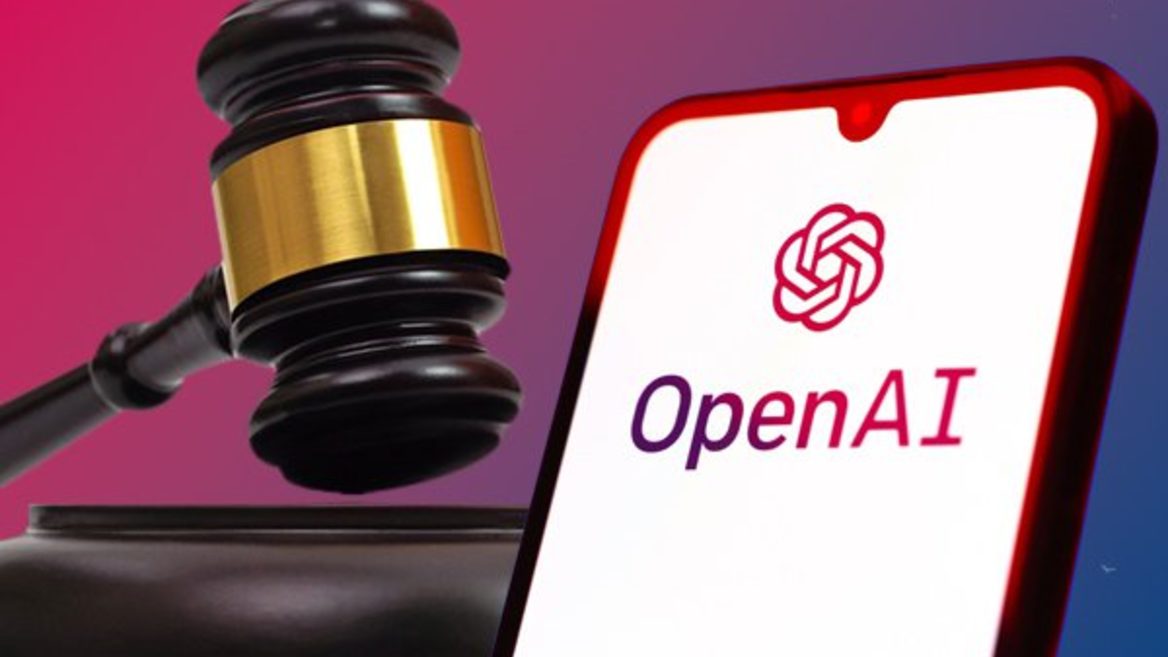US court orders OpenAI to keep all ChatGPT responses: even those deleted by the user – dev.ua

OpenAI must retain all ChatGPT responses, even those deleted by users, a U.S. district judge has ruled in a copyright infringement lawsuit brought by The New York Times, setting a precedent that could affect the privacy of millions of users.
OpenAI must retain all ChatGPT responses, even those deleted by users, a U.S. district judge has ruled in a copyright infringement lawsuit brought by The New York Times, setting a precedent that could affect the privacy of millions of users.
As TechRadar reports, Judge Ona Wang upheld her ruling, which requires OpenAI to indefinitely retain all responses generated by ChatGPT, regardless of whether they have been deleted by the user.
The ruling comes in a lawsuit filed by The New York Times against OpenAI for allegedly copying texts without permission. The court explained that the bot’s responses may contain traces of copyrighted material, so they should be preserved for later analysis. While the court did not order the storage of user queries, experts warn that the responses can be used to identify a person and the nature of the query, especially when it concerns personal or confidential topics.
Aiden Hunt, a ChatGPT user and party to the case, disagreed with this approach. He learned about the court decision not from OpenAI, but from a forum post. In his complaint, Hunt claims that he was not previously warned about the possibility of such storage, although his chats could contain private, medical or commercial information. He asked for the decision to be reversed or limited, in particular for private mode.
In response, Judge Wang rejected the request, emphasizing that preserving data for legal proceedings was not a violation of privacy, but standard procedure. The court was particularly moved by Hunt’s phrase, in which he called the court’s request «a mass surveillance program of all users at the national level.»
The judge quoted the passage verbatim and added the notation «[sic].» This is used to indicate that the quote is given verbatim with possible inaccuracies, implying that such an assessment was, to put it mildly, exaggerated. In a footnote, she noted: «A court order to preserve documents is not a mass surveillance program, the judiciary is not a law enforcement agency.»
Hunt also expressed concern that OpenAI could use these responses in the future, even if users have deliberately deleted them. He said the company should clearly warn about such actions, rather than confronting people with the fact.
The lawsuit is one of the most high-profile in the field of copyright in the past year. The newspaper claims that its materials were used to train GPT models without permission and compensation. The court’s decision to preserve all ChatGPT responses is designed to determine whether AI can actually reproduce other people’s texts verbatim. The company itself has not yet commented on the court’s decision, but has filed a request for oral hearings to have it reviewed.
The situation raises an important question: can conversations with ChatGPT be considered private? And does the user have the right to be informed about such legal obligations of the service? For now, the answer remains open.
Recall that we previously wrote how the use of Google AI for news search and summaries is causing a significant drop in traffic to news publishers’ websites, which threatens their financial situation and the quality of journalism.
Have important news to share? Message our Telegram bot
Key events and useful links in our Telegram channel